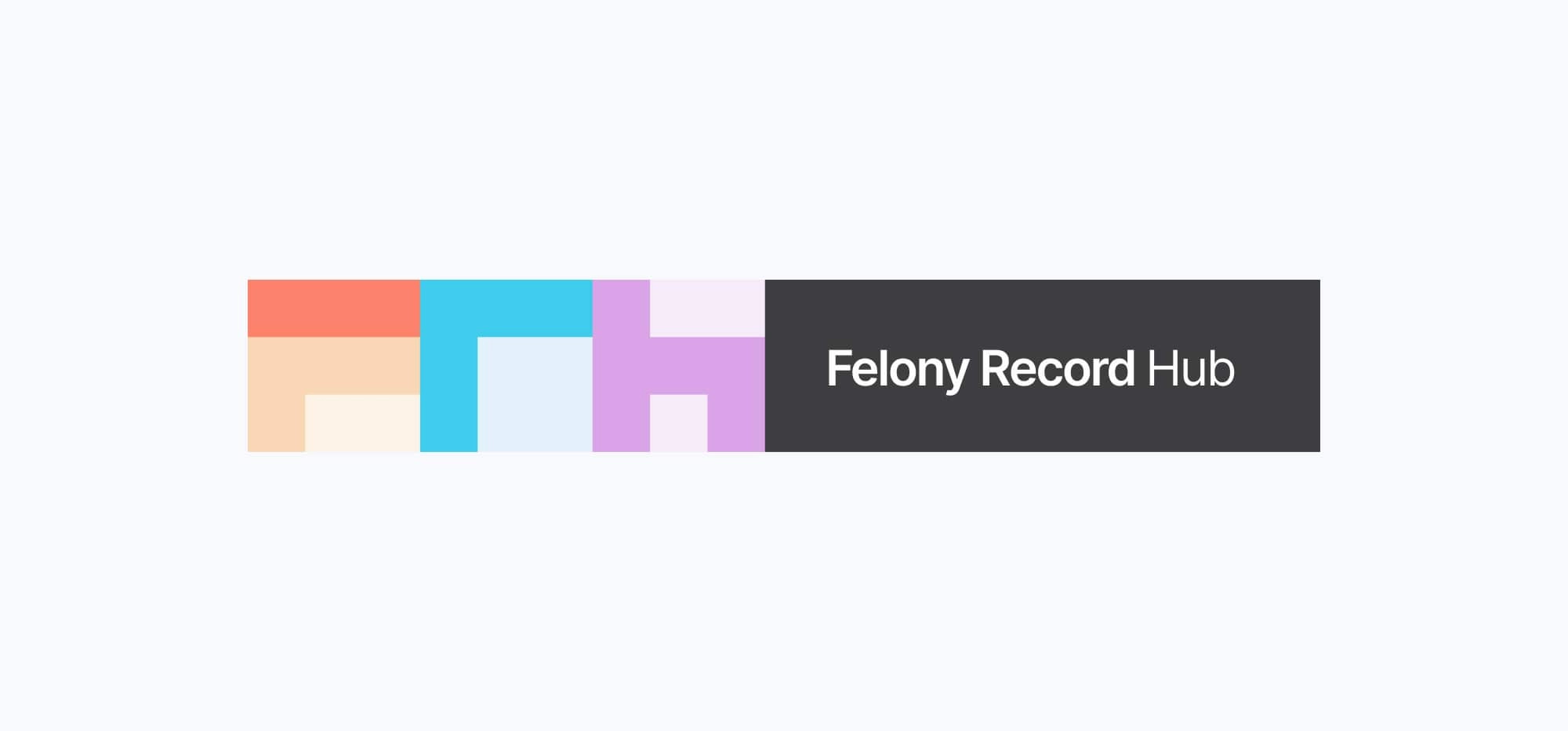Accessing college funds is a complex maze, one that grows even more intricate for individuals bearing felony convictions. It’s a widespread perception – a felony conviction, we believe, is an indomitable barrier to higher education financing. This leads to a disconnect, an unfortunate disenfranchisement of people with past convictions from higher education opportunities.
Yet, this notion doesn’t hold entirely true. In the face of adversity, multiple routes remain open for those with criminal backgrounds, routes that lead them to finance their education. It’s these hidden pathways that this article aims to spotlight.
Funding Higher Education for Felons
A felony conviction is a heavy burden, but it doesn’t bolt the door to financial assistance. There are tools, mechanisms, and programs to be wielded to be utilized. Federal student aid, private loans, scholarships – all potential resources. Yet, they remain unexplored and underutilized.
For those directly affected or for those who are advocates, friends, or family, this article is a timely resource. More than an exploration, it is a beacon of hope. A felony conviction doesn’t mark the end of the road to higher education. Instead, it may be a crossroads where new paths open, paths that lead to a brighter, educated future. Below are some of the solutions that can help in financing higher education for former convicts and felons:
Eligibility Criteria: When it comes to federal student aid, the good news is that a criminal record does not entirely exclude an individual from applying. The U.S. Department of Education allows for this financial resource to be tapped by those with felony convictions. However, specific types of convictions can impact eligibility. For instance, a drug-related conviction while receiving federal student aid can lead to a temporary suspension of these benefits.
Limitations and Restrictions: The type and timing of the conviction can dictate the duration and severity of the restrictions. Those convicted for drug-related offenses while receiving federal aid may face a period of ineligibility. Additionally, individuals currently serving time in federal or state institutions face limitations on the types of aid they can receive, typically restricted to Federal Supplemental Educational Opportunity Grants (FSEOG) and Federal Work-Study.
Overcoming Restrictions: Restrictions need not be permanent. For drug-related offenses, regaining eligibility is possible through completion of an approved drug rehabilitation program or by passing two unannounced drug tests administered by an approved drug rehabilitation program.
- Private Student Loans
Eligibility and Limitations: Unlike federal student aid, private loans can be a bit more challenging to secure. Private lenders often require a credit check, and a criminal history can impact your credit score or be considered a risk factor by some lenders. Consequently, securing a private loan might prove more difficult for individuals with felony convictions.
Strategies to Improve Chances: Despite the hurdles, there are ways to improve the chances of securing a private student loan. Building a good credit history or improving a tarnished one can increase your eligibility. This can be achieved by making timely payments on credit cards or other loans and keeping your credit utilization low. Additionally, finding a reliable co-signer with a strong credit history can also improve the likelihood of securing a loan. Some private lenders also provide educational loans specifically designed for individuals with poor or no credit history, and exploring these options could be beneficial.
- Scholarship Opportunities:
General Scholarships: There is a wide array of scholarships that don’t inquire about criminal history. They range from academic scholarships awarded for high school performance to scholarships for specific fields of study, like STEM, arts, or humanities. It’s worth exploring these options in depth, as they offer a chance to secure funding without the potential hindrance of a felony conviction.
Scholarships for Felons: There’s another ray of hope: scholarships specifically designed for individuals with felony convictions. Organizations and foundations provide these opportunities to help this group overcome the barriers to higher education. Examples may include the School and State Financial Aid Programs for Felons, along with scholarships from private foundations and nonprofit organizations. The eligibility criteria vary, but these scholarships offer a welcome avenue for financing higher education.
- Expungement or Sealing of Records
Understanding the Process: Expungement or sealing of records refers to the process of legally “erasing” or hiding a criminal record from public view. This varies by state and depends on several factors, including the type of crime, the time elapsed since the conviction, and whether all sentencing conditions have been met.
Potential Benefits: If successful, the expungement or sealing of a record can ease the path to financial aid. It can improve the chances of securing private student loans, which often consider personal history. In addition, it can help remove potential hurdles to employment or housing, both of which can support an individual’s pursuit of higher education.
- Educational Opportunities for Incarcerated Individuals:
Federal Programs: The Second Chance Pell program is an example of a federal initiative aimed at providing education to incarcerated individuals. The program allows certain prisons to offer Pell Grant-funded educational programs to their inmates, thus opening the door to higher education behind bars.
State and Local Programs: On the state and local level, various programs also exist. They vary greatly across jurisdictions, with some offering college credit for coursework completed in prison. These can provide a head start towards a degree and make the transition to higher education smoother upon release.
- The Free Application for Federal Student Aid (FAFSA)
Answering Questions About Convictions: The Free Application for Federal Student Aid (FAFSA) includes questions about drug convictions. Applicants should answer these questions honestly, but keep in mind that only convictions for drug-related offenses affect eligibility for federal student aid.
Tips for Maximizing Aid: To maximize aid, it’s crucial to submit the FAFSA as early as possible, as some forms of aid are awarded on a first-come, first-served basis. Students should also seek help if they need it, through their school’s financial aid office or by using the resources provided by the Federal Student Aid website.
- Reentry Programs and Resources:
Overview of Reentry Programs: Reentry programs provide critical support for individuals as they transition back into society following a period of incarceration. These programs offer a range of services, including job training, housing assistance, and mental health support.
Role in Education: While not directly linked to higher education financing, these programs play a crucial role in the broader educational journey. By offering stability and resources, reentry programs can free up personal finances to be directed toward education. Some may also have partnerships with local educational institutions, providing pathways and financial assistance for continuing education.
Conclusion
The journey to secure financing for higher education is complex, especially for those with felony convictions. Yet, as daunting as the process may be, myriad resources and pathways exist to help overcome these barriers. The path may be less traveled, but it is certainly navigable.
A felony conviction may change the course of a person’s life, but it does not diminish their potential or their worth. With determination, the right information, and support, higher education is an achievable goal. This article has shone a light on some of the resources available. It is our hope that it serves as a stepping stone on your path to education, empowerment, and a brighter future.
Remember, every step forward is a step towards transforming adversity into opportunity. Pursue your educational dreams, for they are valid, attainable, and within reach. The world of higher education awaits you, and the journey, despite its challenges, is worth it.
So what do you think about this blog post Felony Convictions and Student Loans: Navigating Higher Education Financing? Have you or someone you know been in that situation? What was that like and what happened? Please tell us in the comments below.







